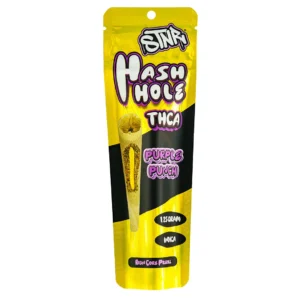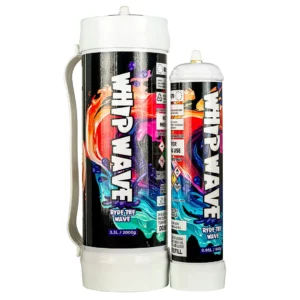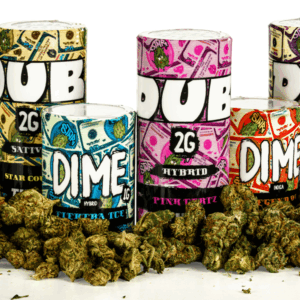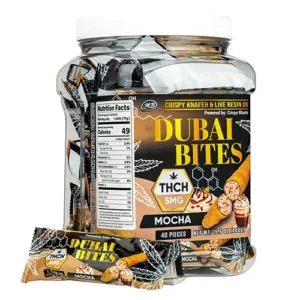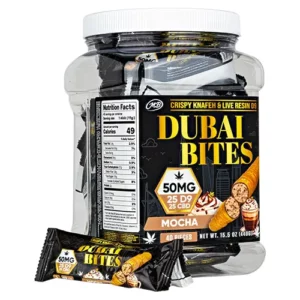
What Does Delta 8 Do?
Let’s talk about something that’s been creating quite the buzz lately – Delta 8 THC. You’ve probably heard about it, maybe even seen it on shelves at gas stations and smoke shops, but what’s the real story behind this trending cannabinoid? Delta 8 THC is like the cool cousin of the more famous Delta 9 THC, known for its milder effects and legal status in many places.
What are the effects of Delta 8?
Delta 8 THC, a milder sibling of the well-known Delta 9 THC, offers a unique set of effects that have been catching the attention of enthusiasts and newcomers alike. What sets it apart is its subtle psychoactive experience, often described as less intense and more clear-headed than traditional THC products. Users typically report a feeling of calm relaxation, enhanced mood, and in some cases, mild euphoria, making it a go-to for those seeking a more balanced and manageable experience. Importantly, Delta 8’s effects can vary based on individual physiology and dosage, but its generally lower potency makes it a great choice for those looking to dip their toes into the world of cannabinoids without being overwhelmed. Whether you’re unwinding after a long day or seeking a gentle uplift, Delta 8, especially in the form of STNR Creation’s 2 Gram Disposable Vape, provides a smooth and enjoyable experience that aligns perfectly with a lifestyle of wellness and mindful enjoyment.
How is Delta 8 made?
Understanding how Delta 8 THC is made from hemp is a fascinating journey into the world of cannabinoid science. Delta 8 is a naturally occurring compound in hemp, but in much lower concentrations compared to its more famous relative, Delta 9 THC. To obtain a usable amount, sophisticated extraction and refinement processes are employed. This often involves extracting CBD, another well-known cannabinoid, from hemp first. Then, through a careful chemical reaction, CBD is converted into Delta 8 THC. This process, known as isomerization, alters the molecular structure of CBD, transforming it into the Delta 8 compound. The result is a pure, concentrated form of Delta 8 THC that captures its unique properties. This meticulous production process is crucial in ensuring the quality and purity of Delta 8 products, making it a remarkable example of how modern science can harness and enhance the natural offerings of the hemp plant.
What is the Endocannabinoid System?
The Endocannabinoid System (ECS) is a complex and crucial part of our physiology, playing a pivotal role in maintaining bodily homeostasis. This system, found in all mammals, is composed of receptors, endogenous cannabinoids (endocannabinoids), and enzymes that synthesize and degrade these cannabinoids. There are two primary receptors in the ECS: CB1, mainly found in the brain and nervous system, and CB2, primarily located in the immune system and peripheral organs. Endocannabinoids bind to these receptors to regulate various physiological processes, including mood, appetite, pain sensation, and memory. When external cannabinoids like Delta 8 THC are introduced, they interact with this system, mimicking the effects of endocannabinoids. This interaction is the key to understanding the therapeutic effects of cannabinoids from hemp, such as pain relief, anti-inflammatory responses, and mood regulation. By engaging with the ECS, cannabinoids offer a natural way to support the body’s internal balance and overall well-being.
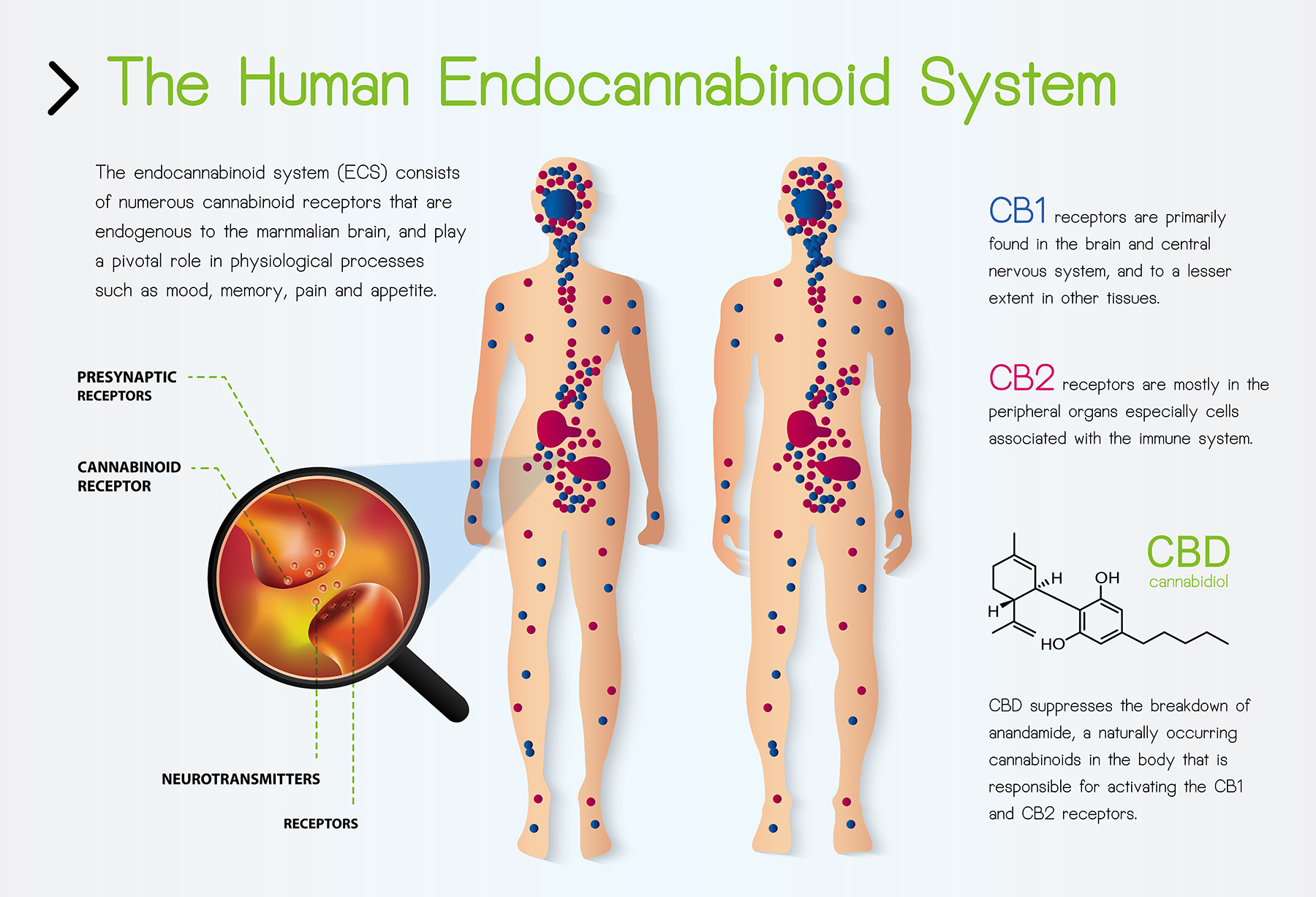
What is the role of delta 8 in the Endocannabinoid System?
Delta 8 THC plays a unique role in the Endocannabinoid System (ECS), a role that distinguishes it from other cannabinoids. When Delta 8 THC enters the body, it interacts mainly with the CB1 receptors located in the central nervous system. This interaction is less potent compared to Delta 9 THC, leading to its milder psychoactive effects. However, this doesn’t diminish its efficacy in influencing the ECS. Delta 8 THC binds to these receptors and helps regulate key bodily functions such as mood, appetite, pain sensation, and stress response. Its interaction with the ECS is also associated with potential neuroprotective properties, showing promise in areas like memory and cognition. This more subtle engagement with the ECS makes Delta 8 THC an intriguing compound for those seeking to benefit from cannabinoids without the intense effects associated with stronger THC variants. In essence, Delta 8 THC offers a gentle nudge to the ECS, promoting balance and well-being in a way that’s both effective and manageable.
What are the potential benefits of delta 8?
Delta 8 THC has garnered attention for its array of benefits, offering a gentler alternative to its more potent counterparts. One of the most notable advantages of Delta 8 is its ability to induce relaxation and calmness without the intense psychoactive effects often associated with Delta 9 THC. This makes it a popular choice for those seeking stress relief or a mild mood enhancer. Additionally, Delta 8 has been reported to aid in pain relief, making it a go-to option for individuals dealing with chronic pain or inflammation. Its antiemetic properties, effective in reducing nausea, are particularly beneficial for patients undergoing treatments like chemotherapy. Moreover, many users find that Delta 8 improves their appetite, which can be a boon for those struggling with appetite loss due to various health conditions. Importantly, Delta 8 achieves these benefits while often allowing users to maintain a clearer head and stay more focused than they might with stronger THC variants, underscoring its appeal as a versatile and beneficial cannabinoid.

What are the potential risks of delta 8?
Delta 8 THC, a cannabis compound, has gained attention for its potential benefits and milder psychoactive effects compared to delta 9 THC. Despite its appeal, it’s important to be aware of the potential risks associated with delta 8 THC.
Another potential risk of delta 8 THC is the lack of regulation and quality control in the industry. Since delta 8 THC is a relatively new compound, there are currently no specific regulations in place regarding its production, labeling, or testing. This can lead to inconsistencies in product quality and potency, as well as potential contamination with harmful substances.
Furthermore, delta 8 THC can still cause intoxication and impairment, although its effects may be milder compared to delta 9 THC. It’s important for users to be aware of their tolerance and to use delta 8 THC responsibly, especially when driving or operating machinery.
Additionally, like other cannabinoids, delta 8 THC may have potential side effects. These can include dry mouth, red eyes, increased heart rate, dizziness, and changes in appetite or mood. It’s important for individuals to be aware of these potential side effects and to use delta8 THC in moderation.
Lastly, it’s important to note that delta 8 THC may not be suitable for everyone. Individuals with certain medical conditions, such as heart disease or psychiatric disorders, may be more susceptible to the adverse effects of THC. It is important for individuals to exercise caution and do thorough research before using delta 8 THC, and to consult with a healthcare professional if needed.
Will You Test Positive for THC?
When consumed, delta 8 can produce psychoactive effects, although they are generally considered to be milder and less intense compared to delta 9 THC. However, it’s important to note that consuming delta 8 THC can still result in a positive drug test for THC.
Standard drug tests typically screen for delta 9 THC metabolites, and while the metabolites of delta 8 are different, they can still trigger a positive result. This is because most drug tests do not differentiate between different forms of THC. Therefore, if you consume delta 8 THC products, there is a possibility that it will show up on a drug test as positive for THC.
It’s important to keep this in mind, especially if you are subject to regular drug testing for work or other reasons. If you are concerned about testing positive for THC, it may be best to avoid using delta 8 THC products or to inform your employer or relevant parties about your use of delta 8 THC. It’s always a good idea to be transparent and communicate with those who may be conducting drug tests.
In conclusion, while delta 8 THC offers potential benefits such as relaxation, pain relief, and reduced nausea, it’s important to be aware of the potential risks associated with its use. Lack of regulation, potential for contamination, and the possibility of positive drug tests are all factors to consider when using delta 8 THC. It’s crucial for individuals to do thorough research, use it responsibly, and consult with healthcare professionals if needed.
Where are teens buying delta 8 thc products?
Teens may be purchasing delta 8 THC products from various sources, both legal and illegal. The legality of delta 8 THC varies by state, with some states allowing its sale and others banning it. In states where it is legal, teens may be able to purchase delta 8 THC products from licensed dispensaries or online retailers that verify age and require identification. Legal cannabis products can be found in medical marijuana dispensaries, drug stores, shopping malls, specialty stores, tobacco shops, online, and gas stations.
Additionally, teens may also acquire delta 8 THC products through social connections and informal channels. It’s important for parents, educators, and healthcare professionals to be vigilant and educate teens about the potential risks and legal implications of using delta 8 THC. Open communication and providing accurate information can help teens make informed decisions about their health and well-being.
It’s crucial for parents to talk to their teens about drug use, including delta 8 THC, and to establish open lines of communication. Teens should be encouraged to ask questions, express their concerns, and seek guidance when it comes to substances like delta 8 THC. It’s important for parents to provide accurate information about the potential risks and legalities associated with using delta 8 THC, as well as discussing the potential consequences of drug testing.
Overall, the availability of delta 8 THC products to teens can vary depending on the legal status in their state and the sources they have access to. It’s important for parents, educators, and healthcare professionals to work together to educate teens about the risks associated with delta 8 THC.
How Do People Use Delta 8?
People use delta 8 in various forms, including offerings from STNR Creations like disposable vapes, cartridges, and edibles. Vaping is a common method of consumption as it allows for quick absorption into the bloodstream, providing fast-acting effects. Edibles, such as STNR Creation gummies or chocolates infused with delta 8, offer a more gradual and long-lasting experience.
Where Can You Get Delta 8?
So, where can you get Delta 8? The availability of this compound depends on legal regulations in your country or state. In some areas, Delta 8 THC products can be found in licensed dispensaries or CBD stores. However, it’s important to note that the legality of Delta 8 THC can vary, as it may be considered a controlled substance in some jurisdictions.
Additionally, Delta 8 THC products are also available online. Many reputable hemp and CBD companies such as STNR Creations offer Delta 8 THC products for purchase on their websites. It’s always important to do your research and ensure that you are purchasing from a reputable source to ensure quality and legality.

